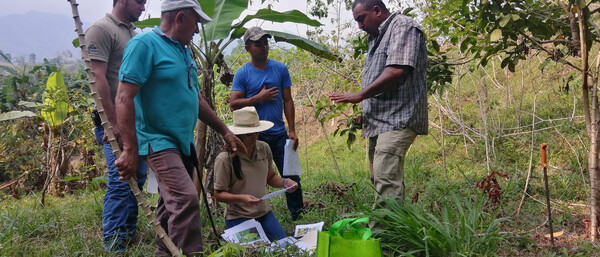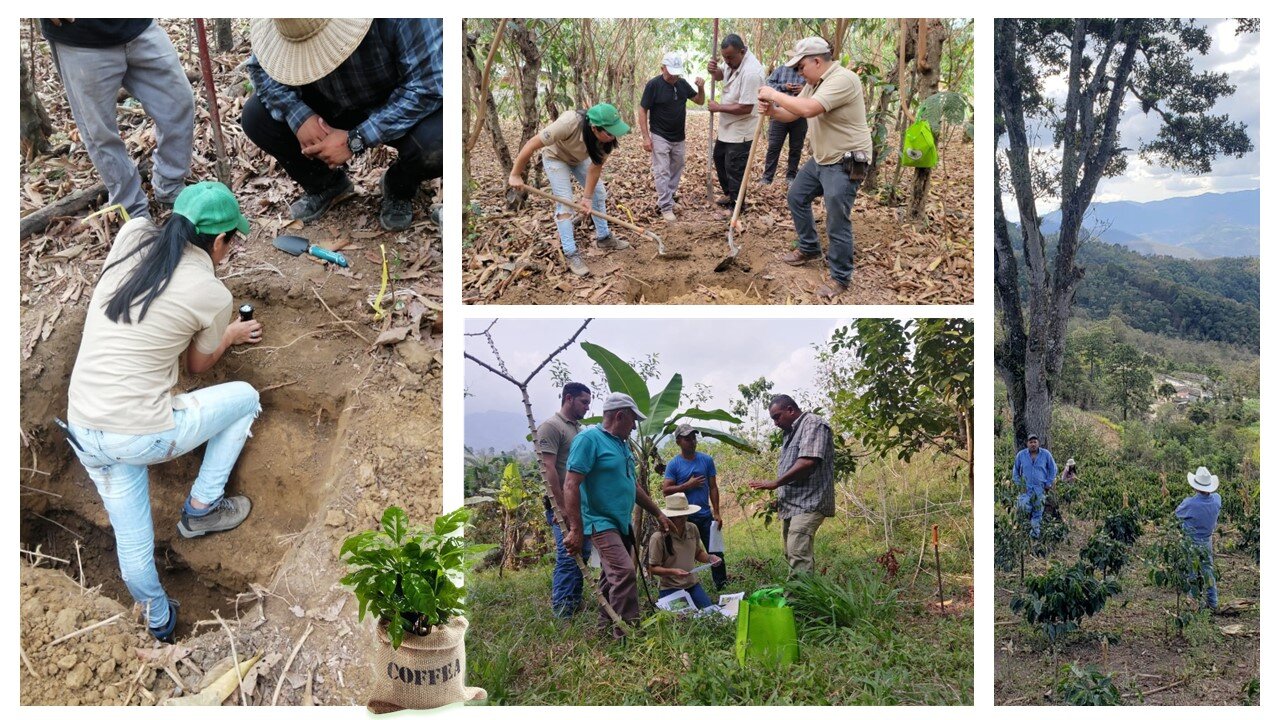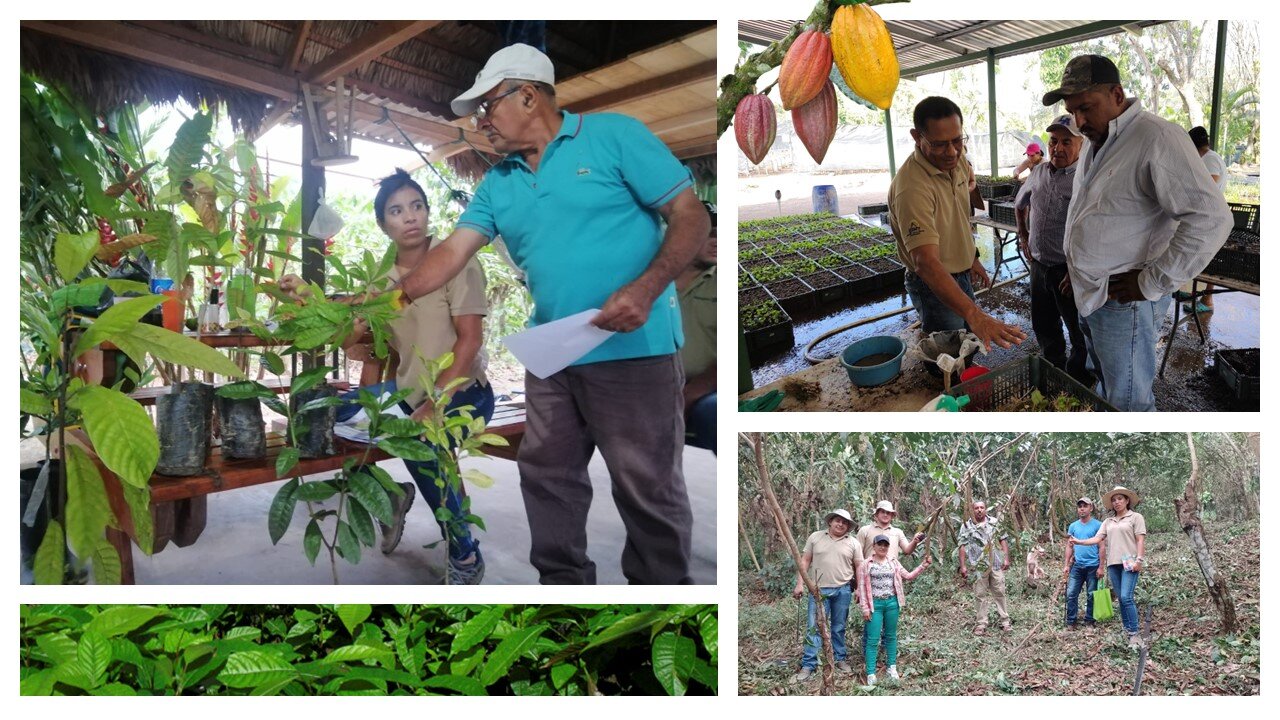
The Tchibo coffee country programm (4)
With its tropical climate, Honduras offers ideal conditions for coffee cultivation. However, the country is one of the poorest in Central America and faces major challenges. Climate change and volatile world market prices are of particular concern to smallholder farmers.
Our coffee from Honduras is mainly grown by smallholder farmers. Although the area under coffee cultivation is very limited, they are dependent on these yields to make a living.
In order for them to do this better and continue exporting coffee, the areas under cultivation must be reorganised in such a way that they produce sustainable yields. Diversely utilised areas are more profitable in the long term than a monoculture. The Inga Foundation demonstrates how this reorganisation can succeed. Alongside Becamo, it is our second development partner in Honduras.
What exactly the Inga Foundation does:
The Inga Foundation, founded in 2012, is committed to stopping the destruction of the rainforest by promoting the sustainable cultivation system Inga Alley Cropping. This is a sustainable agricultural method in which Inga trees are grown in rows between crops. The trees bind nitrogen in the soil, improve soil quality and provide shade. This means that less forest is destroyed by slash-and-burn, as the Inga trees ensure the fertility of the soil and minimise the impact on the environment.

12 years ago, the Inga Foundation launched the Land For Life Project, Honduras (ingafoundation.org). We are using the lessons learned from this programme and adapting it to the needs of the coffee region. In concrete terms, this means:
- We work with smallholder coffee farmers and train them in agricultural practices so that they can improve their productivity and quality.
- We have set up demonstration plots where staple foods (fruit and vegetables) are grown together with Inga trees.
- Inga trees and coffee plants are grown on other demonstration plots. We learn from this and observe how the soil health and the plants develop.
Coffee farms can benefit in several ways
If the smallholder farmers grow fruit and vegetables alongside the coffee plants, this creates an additional source of income for them. Or to put it another way: if they eat their harvest themselves, they have to spend less money on food. Growing different types of fruit and vegetables also strengthens biodiversity. This protects ecosystems in the long term, improves soil health and increases resilience to climate change.

One thing is clear: healthy soil ensures healthier plants and therefore higher yields. In addition, fewer pesticides are needed.
The collaboration with the Inga Foundation is a milestone not only for us and Becamo, but also for the foundation, as it is uncharted territory to work with a company. We are delighted that the foundation has the courage to share its knowledge and expertise with "our" coffee farms!
„If the project with the Inga Foundation continues to go so well, we can revolutionise coffee cultivation in Honduras," says Milton Ramos, Technical Assistance Officer and responsible for project coordination. Our colleague Aida Brito, Sustainability Manager for Coffee from Honduras, adds: "Honduras is a beautiful country with great challenges. Together with the farmers, we can change their current situation. I am delighted that we have such open and goal-orientated partners like Becamo and the Inga Foundation at our side to create long-term and sustainable change."